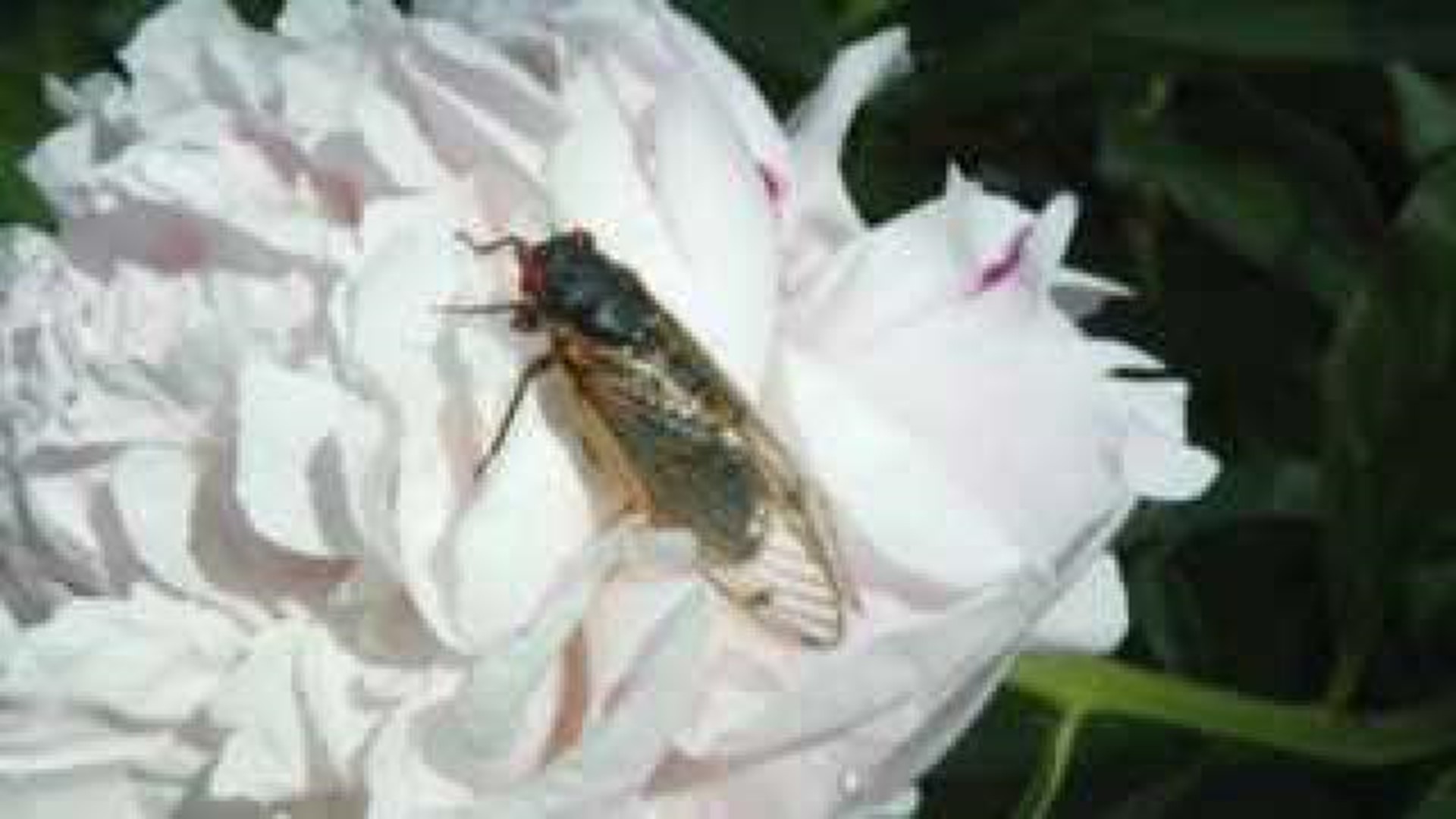After living 17 years underground, periodical cicadas are emerging near the Quad Cities and in other parts of Iowa and Illinois.
There are 12 broods, or groups, of 17-year cicadas. There are millions - some even say billions - expected to emerge this year.
The periodical cicadas in Iowa and Illinois are part of Brood III, which began emerging at the end of May 2014. Brood III cicadas are expected to emerge in Appanoose, Boone, Decatur, Des Moines, Hamilton, Henry, Lee, Louisa, Lucas, Mahaska, Van Buren and Washington counties in Iowa. They are forecast to emerge in Adams, Brown, Cass, Fulton, Hancock, Henderson, Knox, McDonough, Peoria, Pike, Schuyler and Warren counties in Illinois.
Older, less substantiated records show they could also be emerging in Adair, Adams, Audubon, Cass, Cedar, Davis, Greene, Guthrie, Iowa, Jasper, Jefferson, Johnson, Keokuk, Madison, Marion, Marshall, Monroe, Muscatine, Polk, Poweshiek, Ringgold, Story, Taylor, Union, Wapello, Warren, Wayne and Webster counties in Iowa.
The scientific name for the Genus of these cicadas is Magicicada, and there are 3 types of 17 year Magicicadas: Magicicada septendecim, Magicicada cassini and Magicicada septendecula, according to cicadamania.com.
Within an hour of emerging as white, worm-like creatures, the magicicada body turns black and two red eyes appear. Males then begin to sing, and the magicicadas spend about six weeks mating and dying.
The last time magicicadas emerged in our area was 1997.
Although rain may slow their emergence in early June 2014, Iowa State University entomologist Donald Lewis reported the periodical cicadas were beginning to emerge north of Burlington, Iowa according to cicadamania.com.
They don't bite or sting, but they can really make some noise.
"Much like the annual cicadas, adult males will 'sing' from late morning through early afternoon for five or six weeks after hatching," said a statement from the Iowa Department of Natural Resources. "This 'singing' can be incredibly loud due to the high population of periodical cicadas that emerge during each cycle."
Some people are pestered by cicadas sometimes landing on people who are using lawn mowers and weed trimmers. The cicadas think the sounds from power tools and lawn maintenance equipment are made by other cicadas; they get confused and will land on the people using the equipment. Experts recommend using those noisy lawn tools in the early morning or at dusk when the cicadas are less active.
Dogs, cats, squirrels, fish and people will eat cicadas. They are known to carry heavy amounts of mercury, though.

